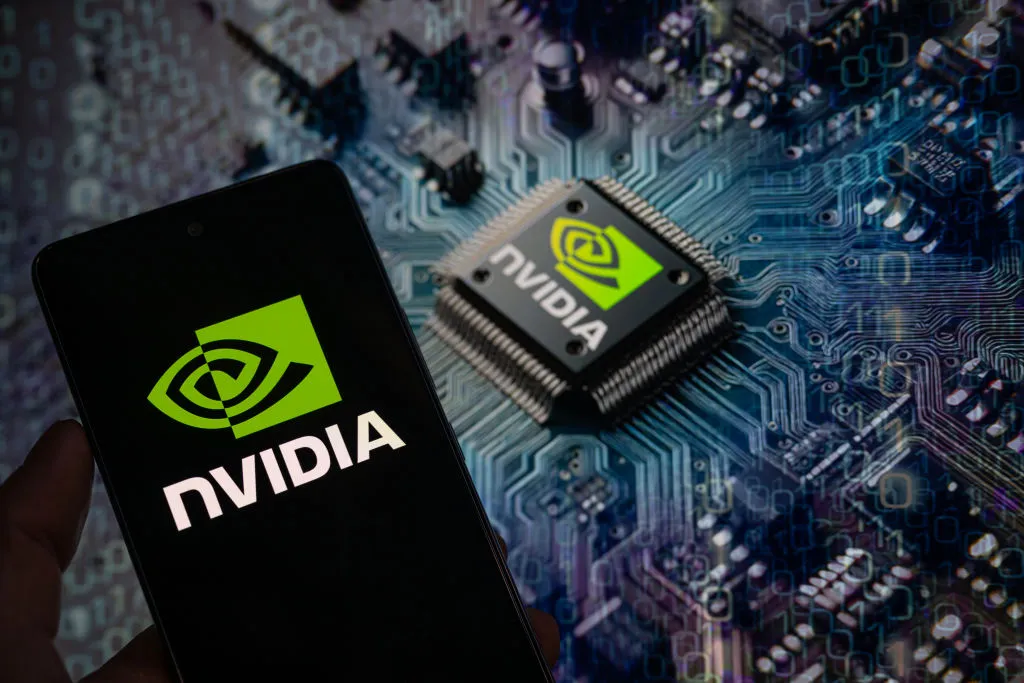Nvidia’s Chinese Woes: Homegrown AI Chipmakers Gain Traction

Nvidia's dominance in the Chinese AI chip market is being challenged by homegrown rivals.
Key Takeaways
- Nvidia has been facing increasing competition from Chinese homegrown AI chipmakers recently.
- Chinese chipmakers are gaining traction due to government support, lower costs, and tailored solutions for the Chinese market.
- Nvidia will need to adapt to meet the competitive landscape.
The once dominant American graphics processing unit (GPU) manufacturer, Nvidia, is facing increasing competition from Chinese artificial intelligence (AI) chipmakers. These companies are developing AI chips specifically designed for the Chinese market. And they are making significant inroads into the country’s burgeoning AI industry.
The rise of Chinese AI chipmakers is due to several factors. First, China has a strong government commitment to the development of AI. The country has invested billions of dollars in AI research and development, and it is creating a favorable regulatory environment for AI companies.
Second, China has a large and growing market for AI chips. The country is home to many large technology companies that are using AI to power their products and services. Finally, China has a strong talent pool of engineers and scientists who are well-versed in AI chip design.
Nvidia Needs To Embrace Mediocrity
The United States is actively striving to lead the race in advancing next-generation AI systems. In pursuit of this, it has imposed restrictions on semiconductor companies, preventing them from selling their most advanced chips to China. This has particularly affected Nvidia. In fact, major Chinese clients such as Alibaba and Tencent, unwilling to compromise on quality, have significantly reduced their orders for the current year.
At present, Chinese cloud companies heavily rely on Nvidia for approximately 80% of their high-end chips. However, industry experts anticipate that an extended ban could potentially reduce this dependence to around 50% over the next five years.
Nvidia’s premier chips, known for superior performance, face export restrictions. These restrict them from providing China with only marginally better options than local alternatives. This aspect may lead Chinese tech companies to favor domestic alternatives like Huawei, particularly if extra funding expedites the advancement of smarter chips
Compounded by the growing complexities in international relations, the Chinese market might become the elusive opportunity that Nvidia misses out on.
Chinese Firms Opt For Local Chips
Despite the notable efforts of the United States, China is forging ahead with ambitious plans to dominate the artificial intelligence market. The country’s dedicated data agency has crafted a comprehensive three-year strategy aimed at infusing the economy with cutting-edge intelligence. The success of this blueprint hinges on China’s ability to efficiently develop large-language models, similar to the technology underpinning ChatGPT, though the realization of this goal may face delays.
In response to the US tightening chip restrictions in October, Baidu diverged from its reliance on Nvidia. In fact, it placed a $62 million order for AI chips from Huawei last year.
Huawei, in turn, has emerged as a front-runner among domestic competitors in cultivating indigenous AI chip technology. Analysts, along with notable Chinese AI firms like iFlyTek, have asserted that Huawei’s Ascend AI chips’s raw computing power is comparable to Nvidia’s A100.
iFlyTek, for instance, has employed the Ascend 910 in training its AI models. The Wall Street Journal reported that downgraded Nvidia chips have resulted in a diminished performance gap when compared to those of Chinese chip manufacturers. This development has heightened the appeal of domestically-developed chips. It also makes them increasingly attractive to Chinese buyers, as noted by the WSJ.
Prominent Chinese AI firms Baidu and TikTok’s owner ByteDance are also among those signaling a waning interest in Nvidia’s chips.